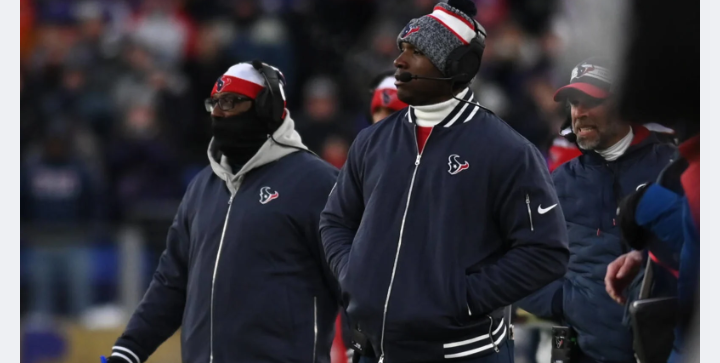In Ann Arbor, greatness isn’t just expected—it’s built. The Michigan Wolverines have long stood as one of college football’s proudest programs, but their recent rise to dominance wasn’t born overnight. It was the product of discipline, culture, and an unshakable belief in what “Go Blue” truly means.
When Jim Harbaugh returned to Michigan, it wasn’t simply a homecoming—it was the start of a transformation. The Wolverines were talented, but they needed identity. Harbaugh’s blueprint wasn’t just about plays and points; it was about pride. He emphasized physicality, teamwork, and a brotherhood that went beyond the gridiron. The message was simple: Earn everything.
From the weight room to the classroom, the team began to change. Every sprint, every film session, every early morning practice became a brick in the foundation of something greater. The Wolverines didn’t just train to win games—they trained to embody Michigan toughness.
Their defense became legendary—disciplined, fast, and relentless. Their offense evolved into a balanced machine, fueled by players who understood that glory comes from the grind. And behind every headline performance stood a roster built on loyalty, heart, and the quiet fire to prove the critics wrong.
But perhaps what truly separates the Wolverines is their culture. It’s not about chasing fame; it’s about protecting the legacy. From the echoes of “The Victors” in the Big House to the generations of alumni who bleed maize and blue, Michigan’s success is built on something deeper than football—it’s a way of life.
The blueprint worked. Championships followed, records fell, and Michigan reclaimed its throne among college football’s elite. Yet, even now, the Wolverines don’t see themselves as finished. Because in Ann Arbor, champions aren’t made in a season—they’re forged over decades.
And as the sun sets over the Big House on another victorious Saturday, one thing is clear:
The Michigan Wolverines didn’t just rise to the top—they engineered it.










